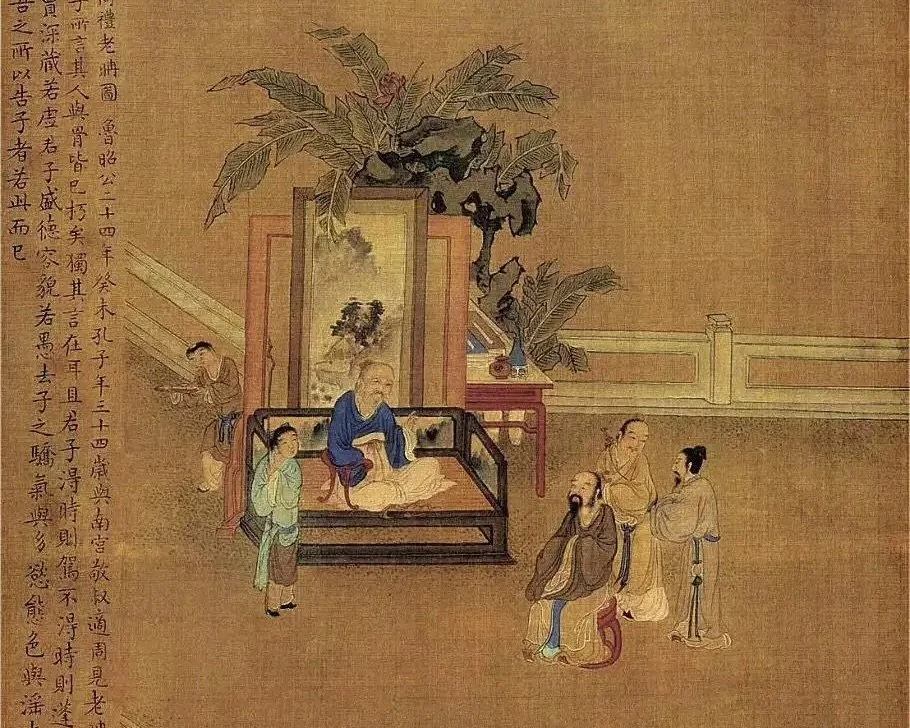Welcome to my teaching page.
Teaching has been an integral part of my academic life since my time as a Ph.D. student in Philosophy at the University of Notre Dame. I have served as a teaching assistant for both introductory philosophy courses and an advanced seminar on the history of modern philosophy, and I was honored with the Outstanding Graduate Student Teacher Award in 2021. In 2023, I independently designed and taught a course on the philosophy of mind, further deepening my commitment to student-centered and conceptually rigorous instruction. In the 2025–2026 academic year, I will serve as an Assistant Teaching Professor in the Philosophy Department at Notre Dame. Below you will find information about courses I have independently taught and designed, each structured to guide students through complex philosophical ideas while fostering critical engagement and thoughtful discussion.
Minds, Brains, and Persons
What is the nature of the mind? How does it relate to the body and the external world? What makes someone the same person over time? Is it the persistence of the same body? Questions such as these have been the focus of philosophical thinking about the mind for hundreds of years. But they have taken on new urgency with the development of sciences such as psychology, cognitive science, and cognitive neuroscience. In this class, we will consider some of the most important historical answers offered to the questions above, as well as some of the views philosophers have developed in response to the contemporary sciences of the mind.
Dialogues of the Enlightened: Modern Philosophy in Conversations
This course explores the history of modern philosophy, taking a unique approach that goes beyond traditional narratives. While we will explore the contributions of canonical men philosophers, we will also shine a light on the often-overlooked women philosophers of this period who significantly advanced Enlightenment thought. By placing these philosophers in dialogue, we will examine their philosophical developments not only through their seminal works but also through their correspondences and interactions. We will engage with actual historical discourses and create new interactions based on their philosophical ideas. By reading various types of materials, we will gain a comprehensive understanding of the intellectual exchanges that shaped the philosophical landscape of the Enlightenment.
From One to Many: Theories of the Individual in Seventeenth-Century Thought
What makes something an individual, and what distinguishes one individual from another? This course examines how seventeenth-century philosophers approached these questions across metaphysics, epistemology, moral philosophy, and political thought. We begin with theories of what makes something a distinct, unified being and how individuals relate to one another. We then consider how these philosophers understood who can be a knower and how knowledge is acquired: Is knowledge always tied to individual minds, or can groups also qualify as knowers? What counts as knowing, and how does it depend on the subject involved? Finally, we explore how these ideas shaped seventeenth-century views on moral responsibility, individual rights, and the nature of the state.
Introduction to Classical Chinese Philosophy
Why be moral? What is the best way to live? Should we follow tradition or nature, or neither? Classical Chinese philosophers wrestled with these fundamental questions against a backdrop of political turmoil and social change. In this course, we will examine how various philosophical schools have developed distinct, often competing visions of personal and political life. Structured in three units, the course begins with Confucianism, turns to Daoism, and concludes with a set of other influential schools, including Mohism, Legalism, and the Logicians, covering philosophical texts written roughly between the 6th and 2nd centuries BCE. We will explore how each school articulates its own philosophical vision on topics ranging from moral cultivation and good governance to skepticism and language.



